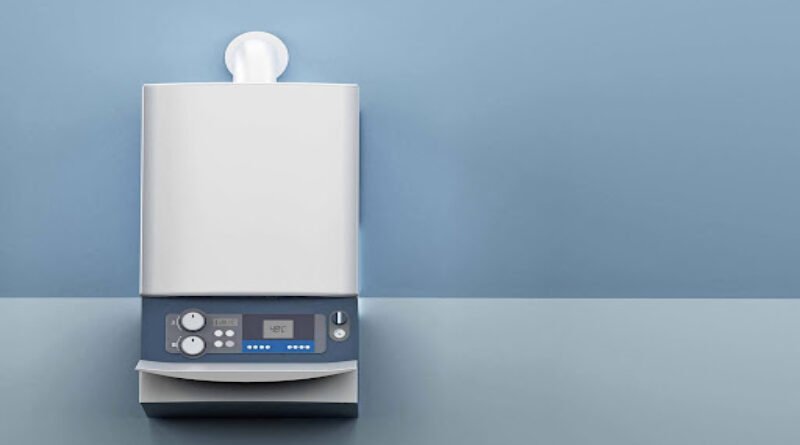Exploring the World of Boilers: An Overview of Different Boiler Systems
Introduction:
Boilers are integral to numerous industries and residential settings, providing essential heating and hot water for various applications. Understanding the different types of boilers is crucial for selecting the most suitable system for specific needs. From traditional steam boilers to modern condensing boilers, each type offers unique features, efficiency levels, and applications. This article provides an overview of the most common types of boilers, outlining their characteristics and applications.
- Steam Boilers: Steam boilers are one of the oldest and most traditional types of boilers, dating back to the industrial revolution. They generate steam by heating water above its boiling point, which is then distributed through pipes to heat exchangers, radiators, or other heating systems. Steam boilers are commonly used in industrial processes, power generation, and heating large buildings. They offer high heat output and are suitable for applications requiring high temperatures and pressures.
- Hot Water Boilers: Unlike steam boilers, hot water boilers heat water to produce hot water for heating purposes. They operate at lower pressures than steam boilers and are commonly used in residential and commercial heating systems. Hot water boilers can utilize various fuel sources, including natural gas, propane, oil, or electricity. They are known for their efficiency, ease of installation, and versatility, making them popular choices for heating homes, schools, hospitals, and hotels.
- Condensing Boilers: Condensing boilers are a modern innovation designed to maximize energy efficiency and reduce fuel consumption. Unlike conventional boilers, which release exhaust gases into the atmosphere, condensing boilers recover heat from these gases through a heat exchanger. This process allows condensing boilers to achieve higher efficiency levels by extracting additional heat from the flue gases, resulting in significant energy savings. Condensing boilers are commonly used in residential and commercial heating applications, offering improved efficiency and lower operating costs.
- Combi Boilers: Combi boilers, short for combination boilers, are a popular choice for residential heating systems, particularly in small to medium-sized homes. These compact units combine the functions of a central heating boiler and a water heater into a single appliance. Combi boilers heat water on demand, eliminating the need for a separate hot water storage tank. They are known for their space-saving design, energy efficiency, and quick hot water delivery. Combi boilers are suitable for homes with limited space and are available in gas, electric, and oil-fired models.
- Biomass Boilers: Biomass boilers use organic materials such as wood pellets, wood chips, or agricultural residues as fuel to generate heat. These renewable energy sources offer a sustainable alternative to fossil fuels and help reduce greenhouse gas emissions. Biomass boilers are commonly used in residential, commercial, and industrial settings, providing heating and hot water for various applications. They are suitable for off-grid locations and can contribute to energy independence and environmental sustainability.
Conclusion:
Boilers play a vital role in providing heating and hot water for a wide range of applications, from industrial processes to residential heating systems. Understanding the different types of boilers and their characteristics is essential for selecting the most suitable system for specific needs. Whether it’s steam boilers for industrial applications, condensing boilers for energy-efficient heating, or biomass boilers for sustainable heating solutions, there is a wide range of options available to meet diverse requirements. By choosing the right boiler system, users can maximize efficiency, reduce energy consumption, and achieve optimal comfort and performance.
Also visit Digital Global Times for more quality informative content.

